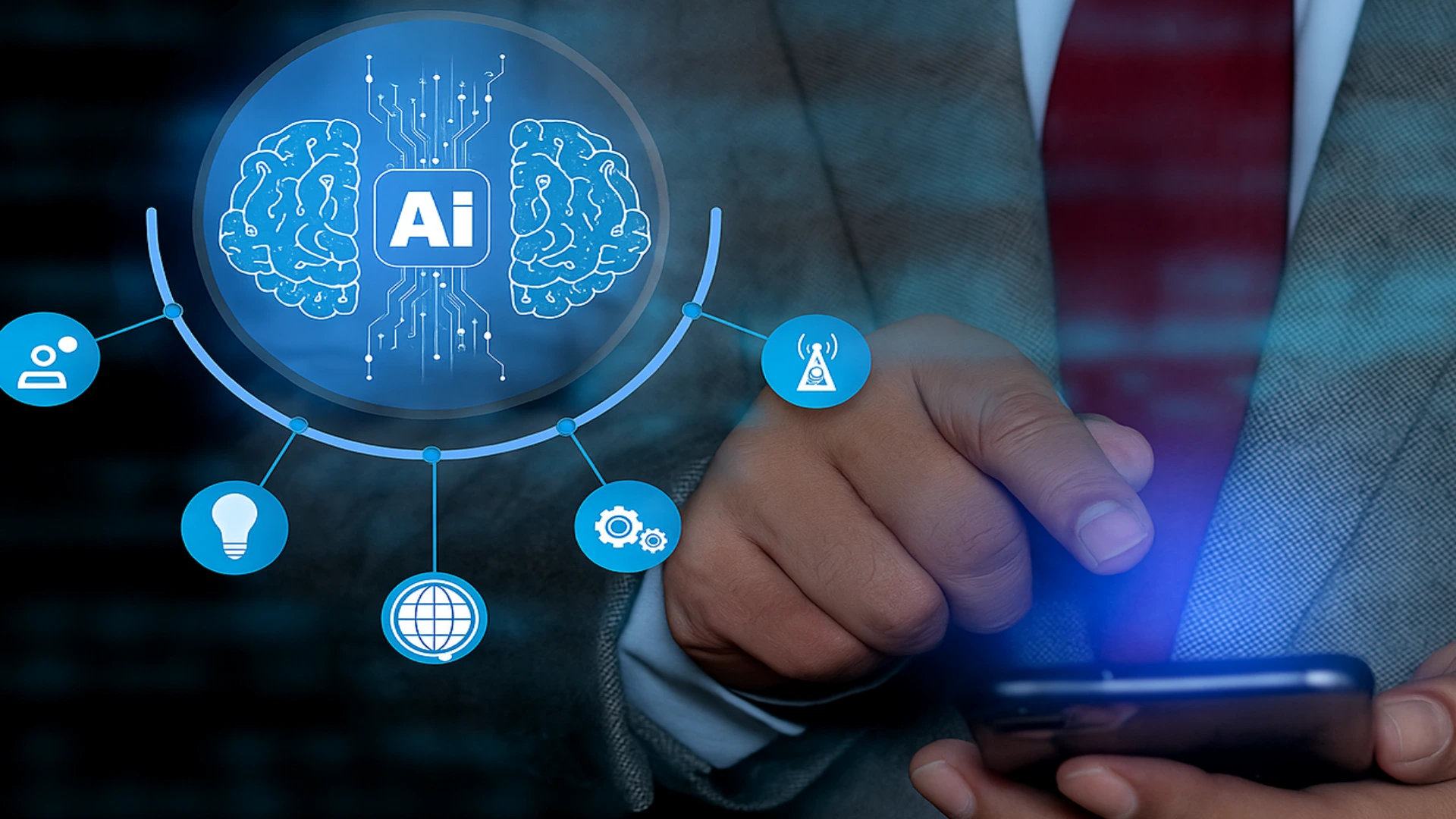In today’s tech-driven world, mobile apps are no longer passive tools; they’re becoming intuitive digital companions. One of the major reasons? Artificial Intelligence. From predicting what you’ll type before you touch the keyboard to curating shopping feeds that know your taste better than you do, emerging technologies such as AI have shifted apps from reactive software to proactive problem-solvers.
Moving ahead, the next phase won’t just be smarter recommendations or faster chatbots; it will be apps that think, learn, and adapt in real-time. Apps with AI integration are reshaping how users interact with technology, businesses, and even their routines. So, if you are an entrepreneur or an app owner, you must know the significance of AI integration in mobile apps in the upcoming years. Let’s get started :
Why AI Will Define the Next Generation of Mobile Apps?
No doubt that mobile apps have always been about convenience. Over the past few years, AI has taken that convenience and layered it with intelligence. Instead of following static rules, apps learn, adapt, and predict. That’s the real power shift.
- From reactive to predictive: Mobile apps won’t just respond to your taps, they’ll anticipate what you want.
- From one-size-fits-all to personalization: No more generic feeds or default settings. AI apps adjust to you, and you can build the best customized apps for your users.
- From tools to companions: Apps won’t just perform tasks, they’ll become partners in decision-making.
This seismic shift isn’t futuristic anymore, but it’s happening right now, and scaling fast.
Emerging AI Innovations Reshaping Mobile Apps
1. From Personalization to Anticipation
Can you think of Spotify playlists that adapt to your mood or fitness apps that modify workouts according to your performance? These are the perfect examples of how AI is taking personalization beyond simple recommendations. In the future, AI will improve experiences in real time, from predicting your next meal craving to modifying your financial app dashboard based on your spending patterns. For businesses, personalization is now essential to retaining users.
2. Smarter Conversations, Better Connections
Earlier, chatbots used to frustrate people. They gave canned answers and felt robotic. But now, with technological advancements, AI-driven conversational agents have changed that. Today’s chatbots understand context, tone, and even intent. Therefore, to build a profitable app for your business, you need to seamlessly integrate a chatbot into your app.
Customer support apps now provide empathetic conversations instead of scripted replies. Moreover, language learning apps act like personal tutors. Thus, giving feedback in real time. Healthcare apps let patients chat with AI health assistants that guide them before seeing a doctor. Therefore, the shift is clear: apps are not just talking at you, they’re talking with you.
3. AI-Powered Voice Assistants
The most natural interface we have is voice. In the upcoming years, AI-powered assistants are making apps more user-friendly and hands-free. By 2025, voice searches are predicted to take over; hence, it is imperative that apps incorporate conversational AI.
Consider shopping apps that let you only say, “Purchase my regular groceries,” and they will take care of the rest. Or medical applications that may rapidly arrange a doctor’s appointment and react to voice symptoms. That’s where we’re heading.
4. Smart Automation Behind the Scenes
AI doesn’t merely enhance user experience, but it streamlines backend operations. Today, mobile banking apps already use AI for fraud detection. Retail apps automate inventory and customer support. Tomorrow’s apps will take automation even further, reducing costs and improving accuracy across industries. For startups, this means fewer resources wasted on repetitive tasks and more focus on growth.
5. Edge AI for Faster Apps
Traditionally, AI models run on the cloud. But with Edge AI, processing happens directly on your device. This means faster responses, better privacy, and offline capabilities. You can think of translation apps working in real time, even without internet access. This will be a game-changer for mobile app developers in 2025 and beyond.
6. Augmented Reality Meets AI
AR apps already let you try furniture in your living room or test makeup shades. Now add AI, and these experiences become smarter. Imagine an AR shopping app that doesn’t just place a sofa in your room but also recommends matching décor based on your taste history.
AI+AR will redefine shopping, gaming, education, and even workplace training.
What This Means for Businesses and Leaders
For business leaders, ignoring AI is no longer an option. Mobile users expect smart, seamless experiences. And competitors are already moving fast. So, here’s how leaders should think about the future of AI in app development :
- Adopt early: The earlier you integrate AI, the stronger your app’s value proposition becomes. You can reach out to top-rated mobile app development companies to get a complete roadmap.
- Focus on user-first design: AI should simplify life, not complicate it. Keep user experience at the center.
- Invest in data security: Building trust with users is as important as delivering features.
- Think scalability: AI solutions should grow with your business, not hold it back.
Final Thoughts
Artificial Intelligence is transforming mobile apps, but not in a robotic way. The most successful apps will be those that put users at the center. They’ll simplify daily life, support better decisions, and create connections that feel human. Therefore, for businesses, this is not a trend to observe. It’s an opportunity to act. Building AI-driven apps today means shaping experiences that users won’t just download, they’ll depend on. The future of mobile apps is not about technology that impresses, but technology that understands. And the apps that achieve this will move from being downloaded to being indispensable.
